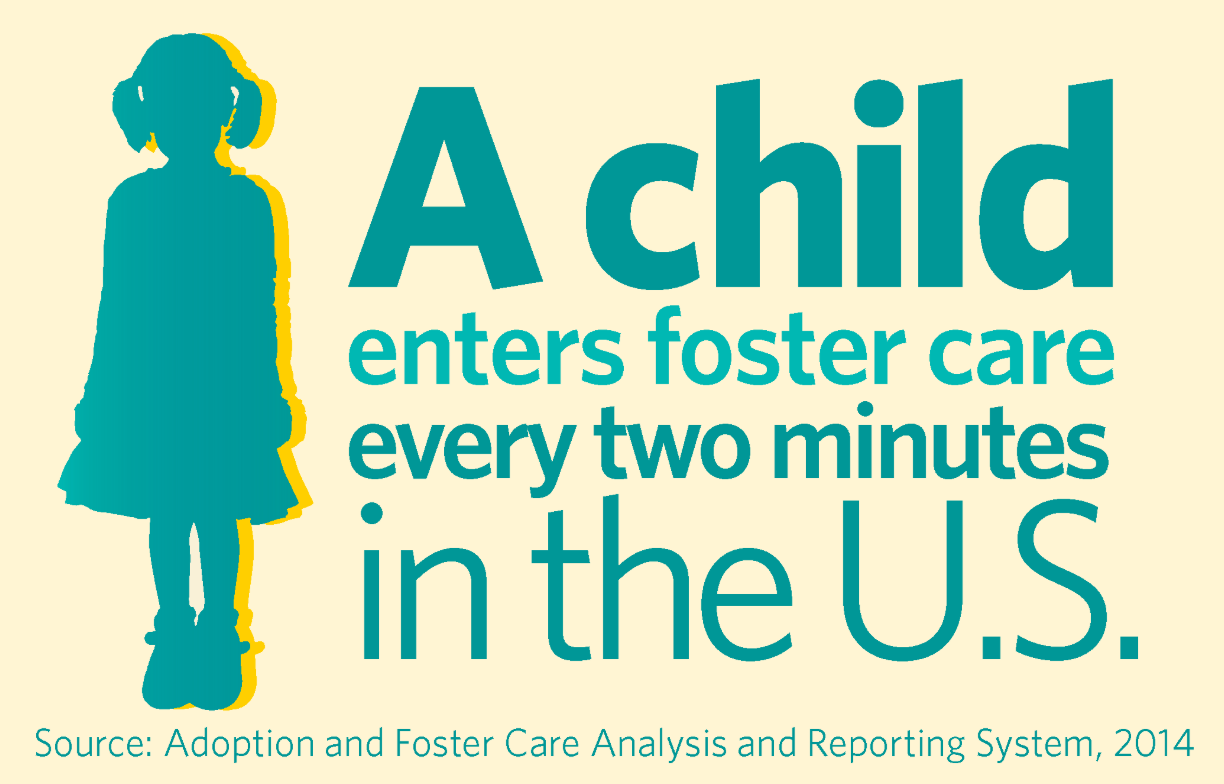Foster Care: Supporting and Understanding the Children Suffering Stress

While volunteering in a children’s summer program, I often saw a foster child run to the teacher’s desk each day and ask if their foster parent had dropped off lunch. Lunch was never there, and the child was offered a daily peanut butter sandwich. This was humiliating because others had good food from home. One day this child brought food and shared it within the classroom. Sadly, the facilitator, not knowing the significance of this event, ordered that the food be removed.
As of September 2017, approximately 443,000 U.S. children had been placed in foster care by organizations similar to Family and Children’s Services. This number is increasing due to the country’s opioid addiction crisis. In 2017, about half the children in Foster Care were adopted by a family member. A total of about 118,000 children and youth were waiting to be adopted, and 23% of these foster children lived in institutions, group homes, trial and pre-adoptive homes.
Temporary placements of children in foster care who are already stressed by being removed from their families may actually increase stress for these children. This stress may even become toxic and can alter a child’s brain. In Massachusetts, the increase in referrals to Family and Children’s Services exceeds the availability of experienced and reliable foster parents. The solution to this problem may be found if states endorse the Families First Prevention Services Act that allows Title IV funds to be used to provide better education and health care support for parents as well as for Foster Care. Let your state legislator know if you approve this endorsement.
Many U.S. public and private schools have little understanding of toxic stress. Children experiencing stress may act out and disturb classrooms. Some teachers are seriously challenged by certain students; without counseling resources, a teacher may punish these children and cause even more stress. Some school districts (including Lynn Public Schools), may even place a social worker in each school to advise teachers.
Lynn has funded a Director of Social and Emotional Learning who supports the teachers and social workers in each public school. Each Lynn elementary school classroom has a quiet space where children learn to calm down. In the state of Washington, there is a quiet room in each school that is supervised by a social worker where children can collect themselves. Many public school classrooms have daily quiet times in which children are allowed to calm down and collect themselves.
If you are a voter, please be aware of the services in your public schools and take action to ensure that our teachers and children have adequate support and understanding of children suffering stress.
Resources:
Parent Support Groups & Parental Stress Line: Call (800) 632-8188 or visit www.parentshelpingparents.org.
Videos for Teachers Re: Early Childhood Learning: https://www.turnaroundusa.org/
The Center for the Developing Child at Harvard: https://developingchild.harvard.edu/
Mass Advocates for Children https://massadvocates.org/tlpi/
FriendsoftheChilden https://friendsofthechildren.org

